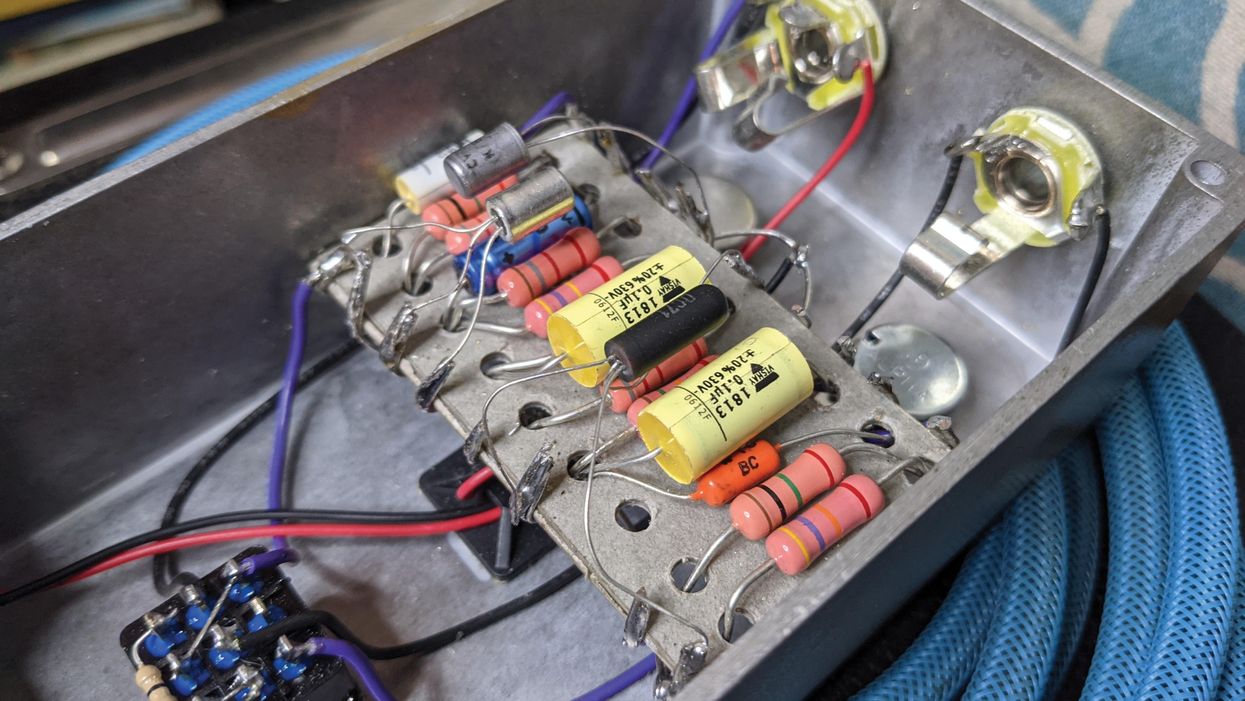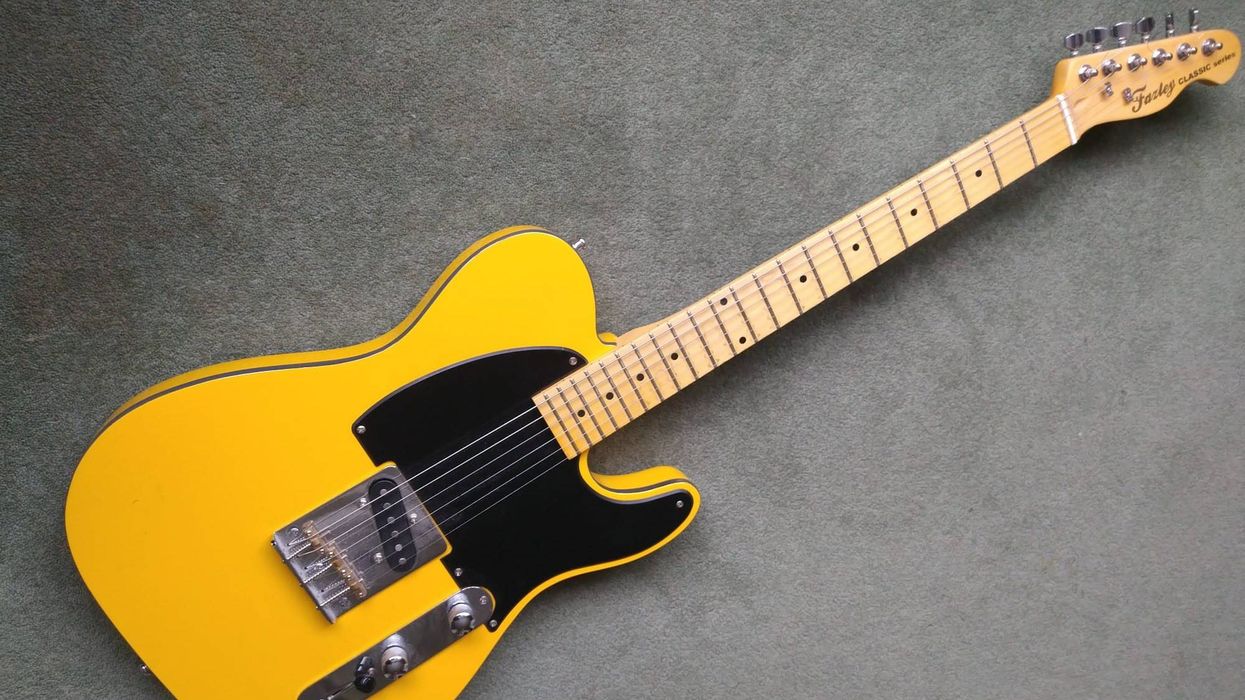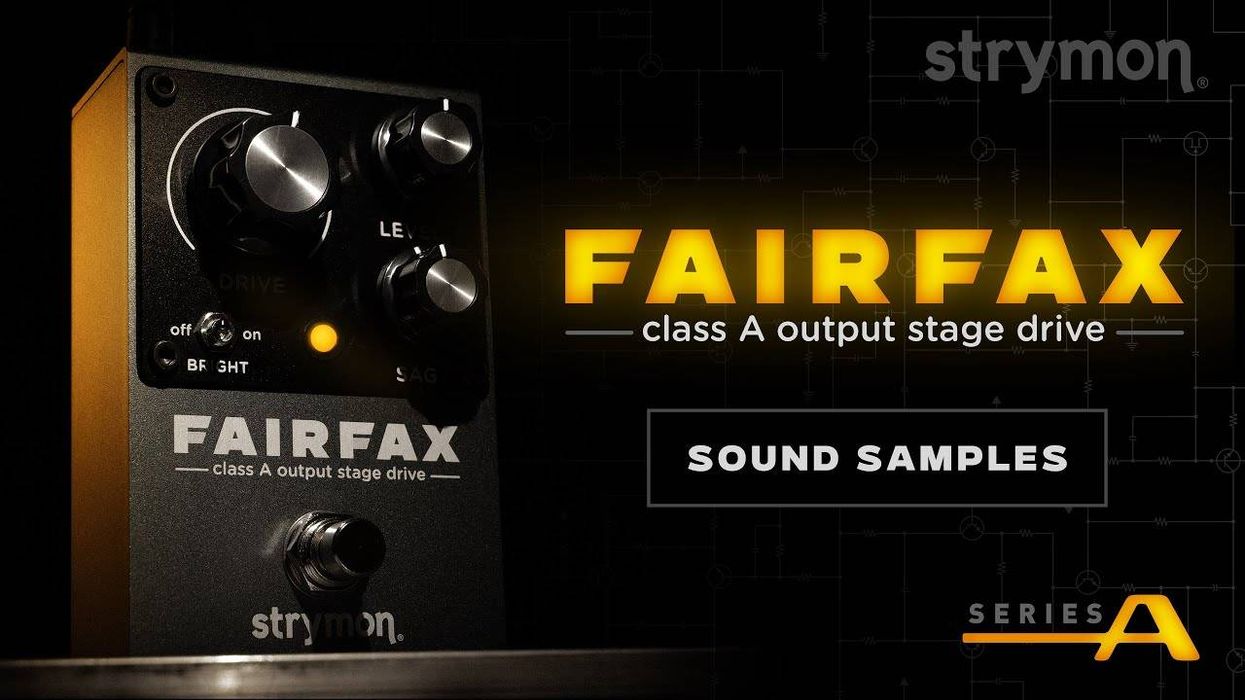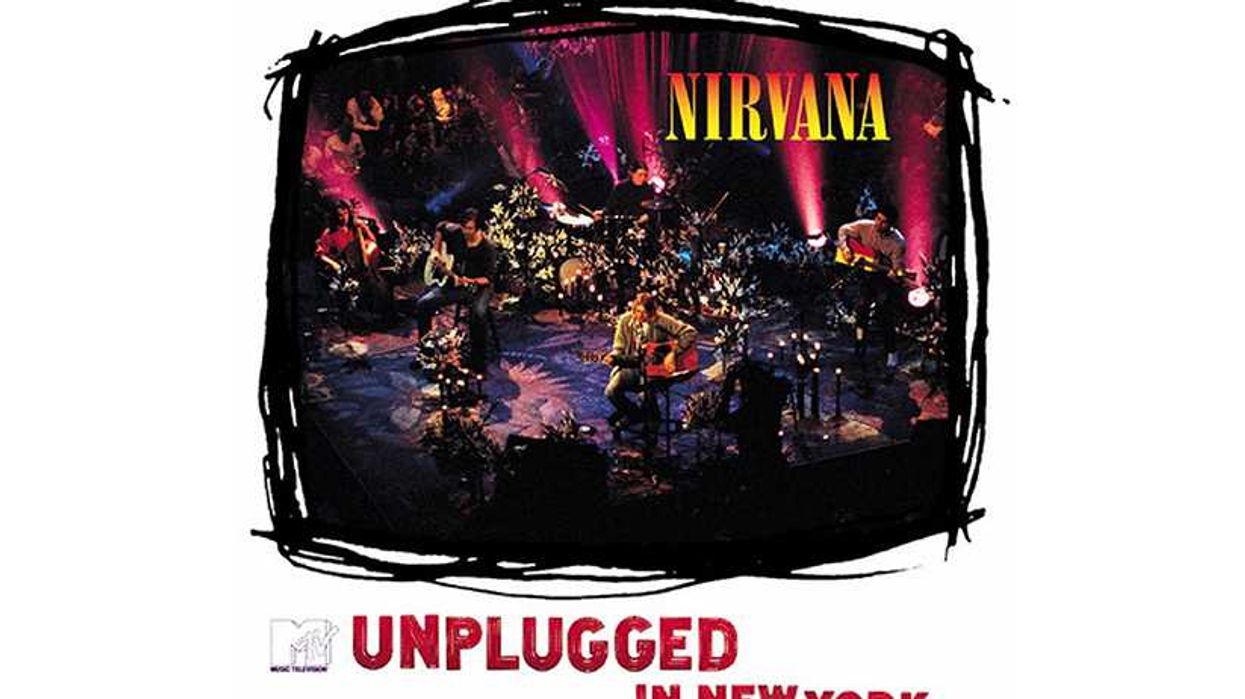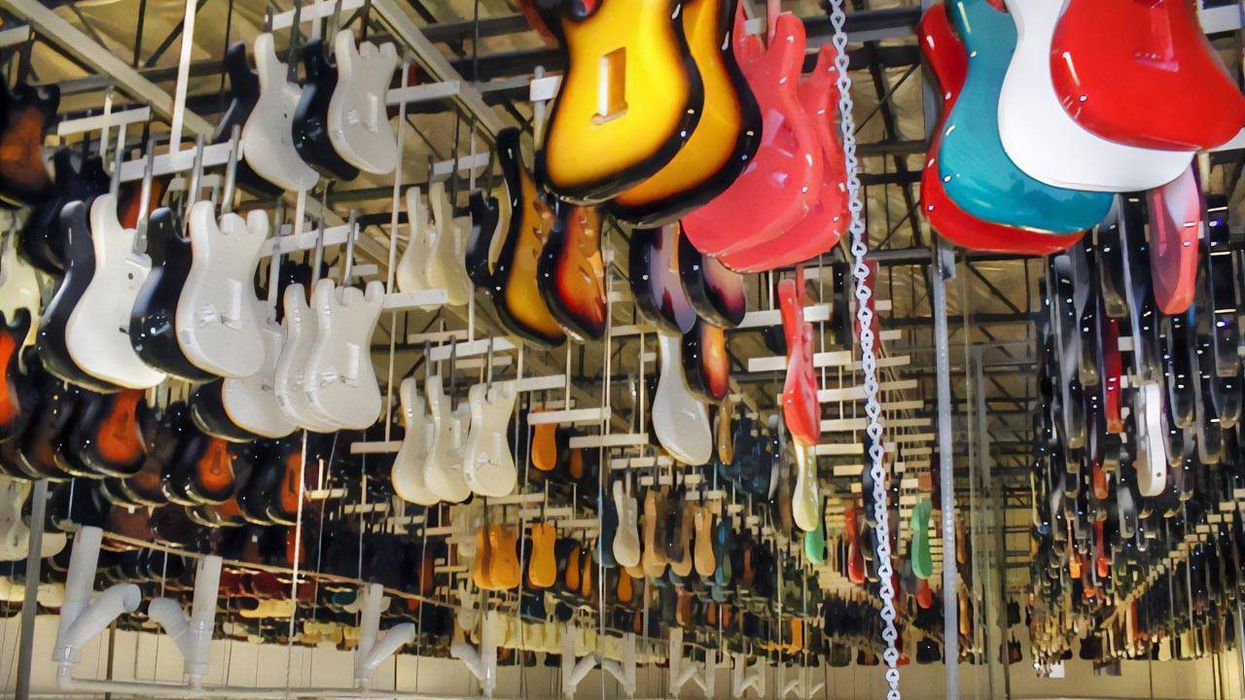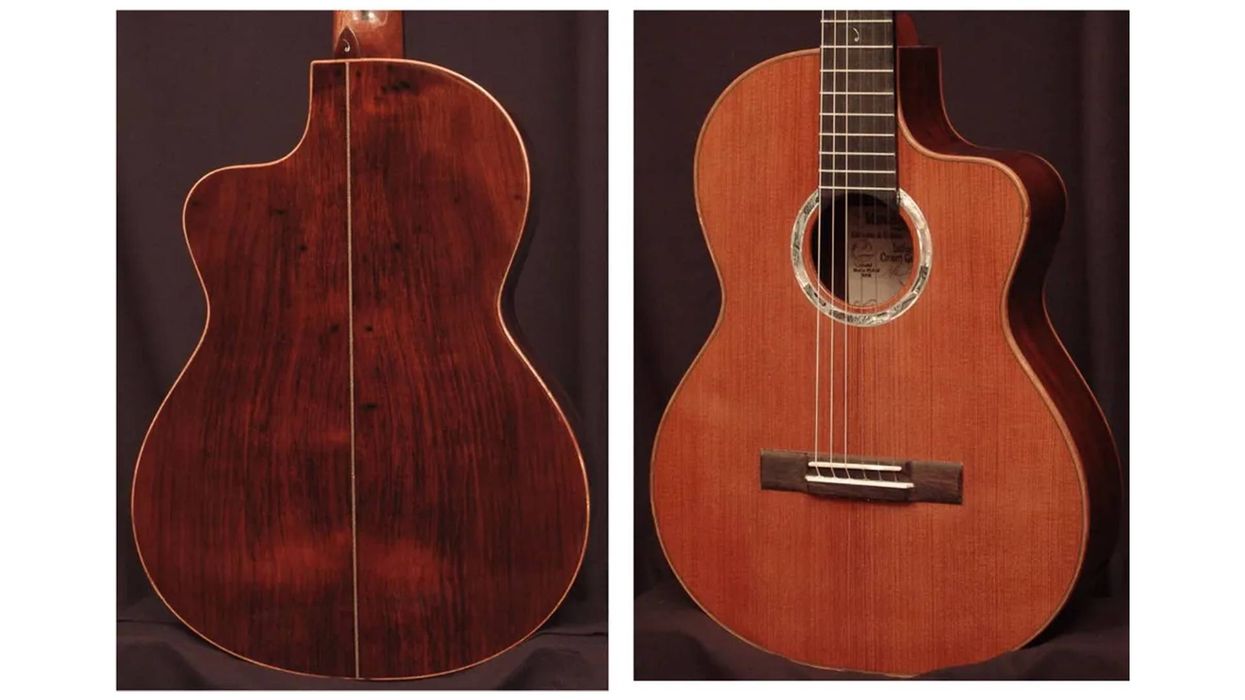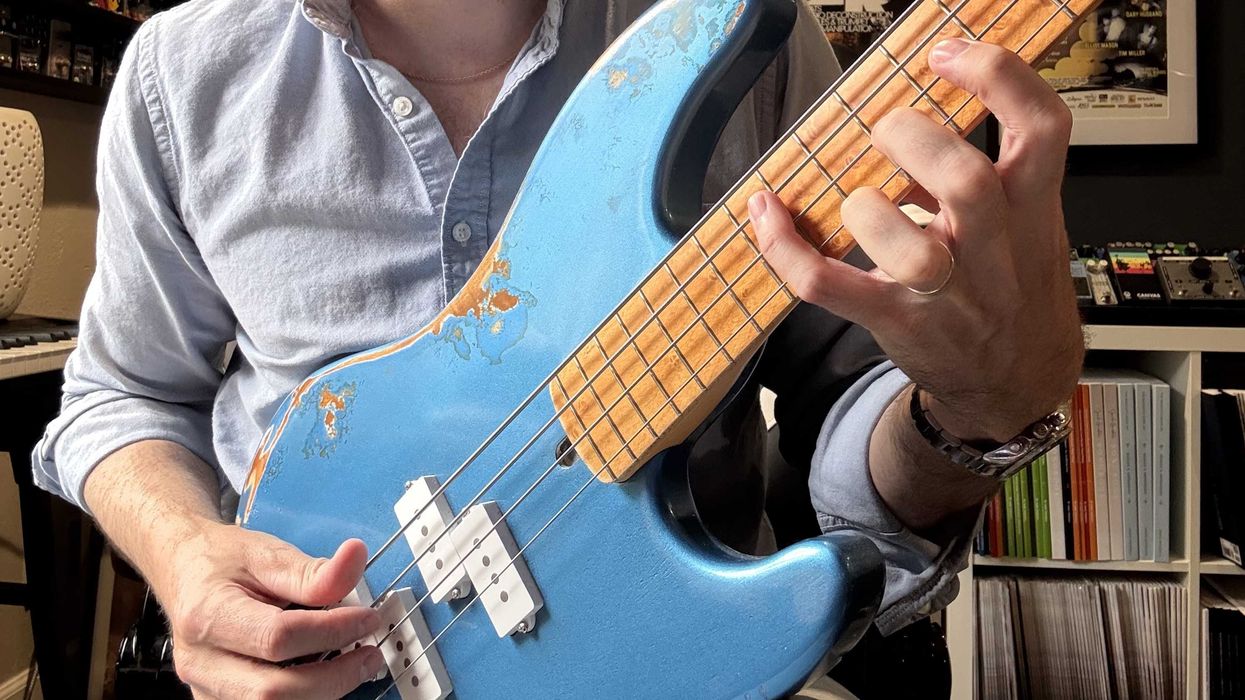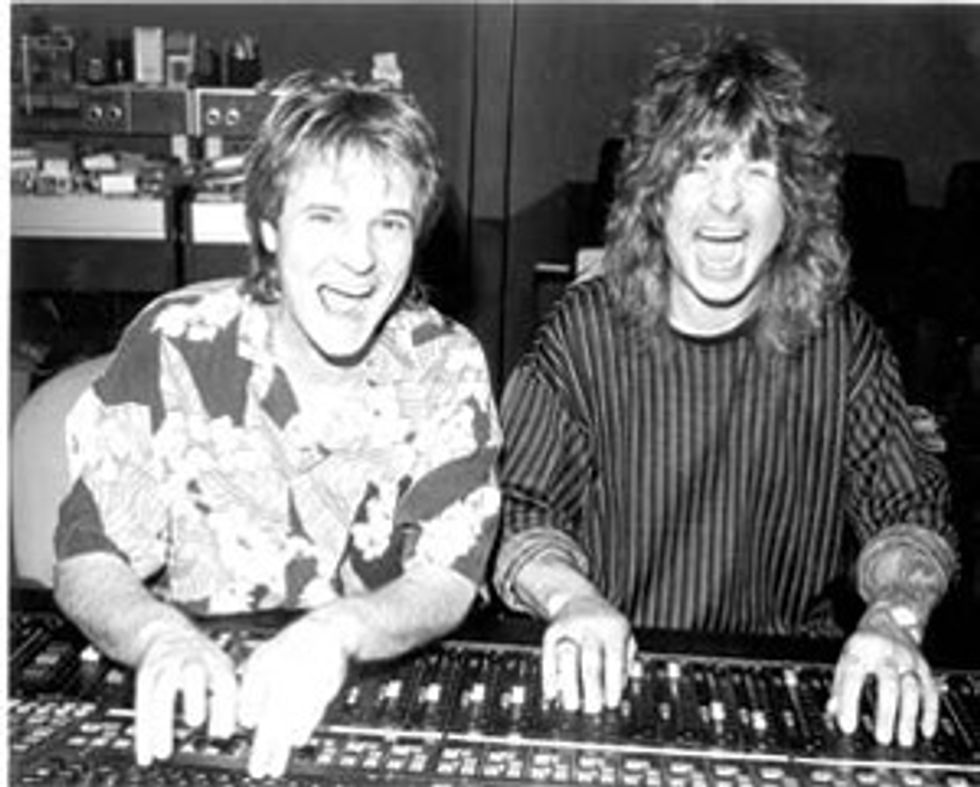
Keith Olsen and Ozzy Osbourne during the studio sessions for the 1988 album, No Rest for the Wicked. A commercial studio’s accoutrements improve recording quality, but a professionally trained listener can give you educational input worth its weight in gold.
In the December 2012 issue of Premier Guitar, I interviewed producer/engineer Keith Olsen for a “Studio Legends”feature. Towards the end of the interview, Olsen talked briefly about the quality of gear in relation to the quality of song when it comes to the final results we achieve with our recordings, and why using a professional studio might be a better idea than recording on your own. Since the primary focus of my monthly column the past several issues was how to choose gear for your studio, this seemed worth discussing a bit further. The following are some conclusions I drew from Keith’s comments:
• Even the least-expensive gear on the market is capable of making excellent sounding recordings.
• There is a trade-off between doing your own recordings versus hiring a studio and/or an engineer to do the recording for you. That trade-off involves the time required to learn various software packages, how to operate the gear, the expense of buying and owning the gear, and the time that all of this takes away from practicing your instrument, writing a great song, or perfecting your performance.
• The quality of the song is more important than the quality of the gear.
• A good performance of a quality song trumps any gear issues or recording quality issues.
Keith certainly knows what he is talking about and I agree with all of these points. Who am I to argue with his track record and well-earned insight? At the same time, I don’t think that Keith was necessarily telling us not to own home studios or make our own recordings. These days, you have to ensure that the music you deliver to a record label or offer directly to your audience is the best it can be. The internet has proven to be a great leveler when it comes to music distribution and promotion, but that also means that thousands of musicians and bands are competing with you for attention and dollars. The music you put out must be of high quality, and that includes recording quality.
When considering using a commercial studio versus a home studio, you have to weigh the benefits and costs. I am the first to trumpet the value of a professionally designed and equipped studio. Acoustic issues are removed from the equation and you have the expertise of a full-time recording professional. This way, you can keep all your focus on making music, and not have to split your brain by having to deal with the recording component as well. Perhaps most important, there are few distractions. When you’re on the clock in a commercial studio, you’ll find your attention stays focused on what you are doing.
On the other hand, owning the gear means you can take your time. You don’t have to worry about the clock ticking and studio fees mounting up. You may even feel freer to experiment in the comfort and privacy of your personal music room than in a commercial studio environment. Best of all—once you finish a project—you still own the gear and can put it to work on future projects. And, as Keith says, you can make great-sounding recordings on even the least expensive gear that’s available today.
I would also point out that very few of us call up a music retailer and place an order for a complete studio all in one go, have the entire lot dropped off at the front door, and then spend months learning how to set it up and use it. Most of us acquire one or two pieces of gear at a time, slowly building up our recording rigs and learning how to use each addition as it comes in. With careful balance, you can learn to record while also maintaining your chops, writing songs, and perfecting performances.
If you do opt for a commercial studio and a professional engineer to record your music, there can be tremendous educational value from making recordings of your songs in progress—for composing, for trying various arrangements, or just to hear what your music sounds like from the perspective of a listener. Hearing yourself played back through studio monitors or headphones reveals all the flaws—and also spotlights the good parts—so recording is a tremendously valuable tool for improving your playing.
Likewise, it can be valuable to record your band during rehearsal or at writing sessions. It’s very difficult to be truly objective when you are in the midst of a song run-through, or when everyone is caught up in the heat of a fully inspired, compositional moment. Being able to listen back later when everyone can focus is useful in many ways—from checking out song ideas, to remembering ideas that have been cast aside, to verifying that all parts are being played correctly and in tune. The tape doesn’t lie, so using it as the final arbiter of truth makes it easier to correct problems without hurting anyone’s feelings.
All of these points add up to—in my mind, at least—compelling reasons for having a recording rig of your own and putting it to work regularly. By all means, when your music is polished, consider using a commercial studio and a professional engineer. The benefits easily outweigh the costs. Or, if you do feel capable, use your home rig to make your final recordings. Perhaps you’ll find the perfect balance by combining the benefits of home recording for certain things and utilizing a commercial studio for the things you can’t do as well at home. No matter what direction you go, the ends justify the means when it comes to recording!
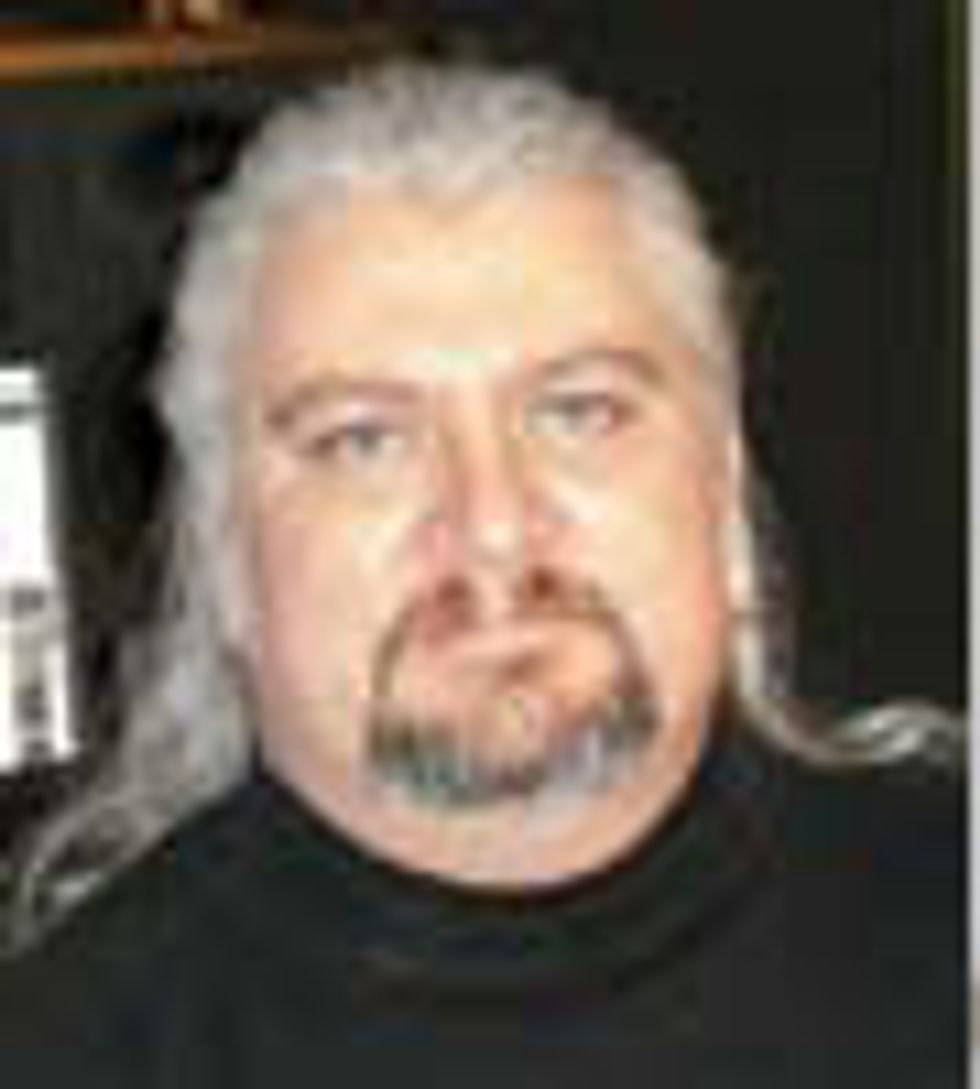 Mitch Gallagher is
the former editor in chief of
EQ magazine. He’s written
more than 1000 articles
and six books on recording
and music technology, and
has released an instructional
DVD on mastering. His upcoming book is
entitled Guitar Tone: Pursuing the Ultimate
Electric Guitar Sound. To learn more, visit
mitchgallagher.com.
Mitch Gallagher is
the former editor in chief of
EQ magazine. He’s written
more than 1000 articles
and six books on recording
and music technology, and
has released an instructional
DVD on mastering. His upcoming book is
entitled Guitar Tone: Pursuing the Ultimate
Electric Guitar Sound. To learn more, visit
mitchgallagher.com.





